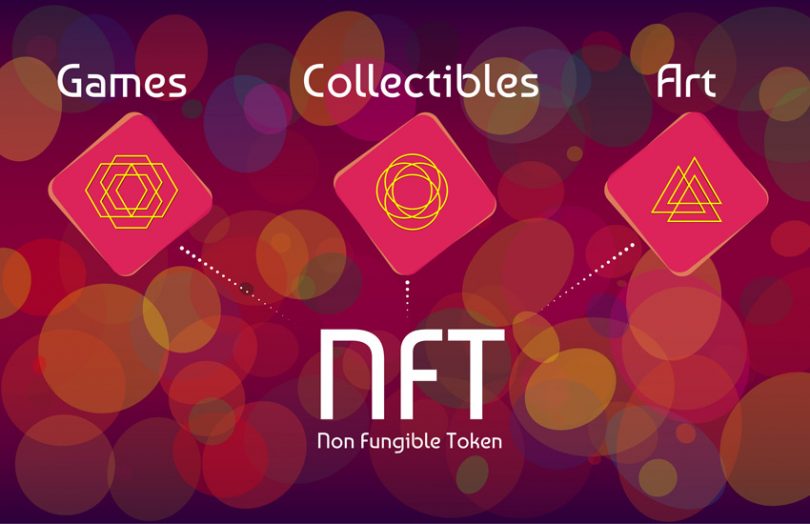Non-Fungible Tokens are digital assets or a type of digital certificate for owning a tangible or intangible item such as paintings, virtual lands, videos, etc. NFTs cannot be replicated or exchanged with any similar asset since every NFT is unique.
Fungible and non-fungible tokens differ in the property of being interchangeable. The fungible tokens allow interchangeability while Non-Fungible Tokens don't.
The non-fungible tokens contain identification information which makes every NFT different from each other and thus, these are irreplaceable tokens.
The main characteristics of NFT That an NFT development company must ensure are:
Uniqueness: Every NFT is unique. Smart Contracts associated with every NFT hold the identification information that makes each token unique. The Smart Contracts act as a certificate of authentication for NFTs.
Indivisibility: NFTs are indivisible units. It cannot be divided into smaller parts.
Rarity: NFTs are rare. The rarity and scarcity of unique NFTs define its value. The rarer the item is, the more valuable it is.
An NFT development company must be proficient in developing NFTs across various industries.
What are the use cases of NFT across different industries?
Art
It is challenging for digital artists to maintain the copyright of their work. NFTs help artists retain the copyright of their art pieces by holding the ownership information. The copyright data includes artist details, previous owners, origin date, asset value and other relevant information. It also enables tracking of the entire history of the asset.
Gaming
Marketplaces, currencies and in-game assets are the main focus of the global gaming industry. PC, mobile and console games like Fortnite and World of Warcraft include in-game items required by the gamers to level up or progress in their gameplay. NFTs allow safe trading of these in-game assets and provide proof of authenticity.
Sports
The Blockchain and NFT provide efficient solutions to the problem of counterfeit tickets and merchandise. The immutability property of the Blockchain technology proves effective in eliminating counterfeiting. NFTs provide tokenized game tickets that hold the unique information of their registered owners.
Real Estate
NFTs can tokenize real-world assets and make them available for online trade without any third-party involvement. NFT ensures there's no possibility of conflicts over the ownership of land or other assets.
Media and Entertainment
The entertainment industry has faced numerous cases of fraud related to copyright theft and copied content. NFT development resolves the ownership issue most efficiently. NFT appends each piece of film or other media to the Blockchain. The Blockchain holds the ownership information and prevents the files from being shared or copied without the owner's permission.
NFT offer a broad spectrum of its benefits and use cases across different industries. With NFTs, businesses can benefit from saving costs on fraud detection, counterfeit products, copyright issues and owning private data. Adoption of NFTs is still in process across few industries. The world will soon witness the significant impact of NFTs, especially in the digital world.
If you're looking for a proficient NFT development company to help you build non-fungible tokens for your business, get in touch with the Blockchain experts at LeewayHertz. Schedule a consultation and discuss your idea with world-leading associates.


Comments
Post a Comment